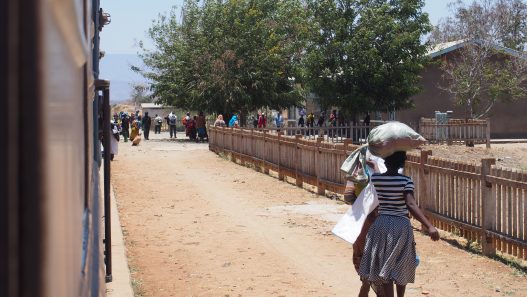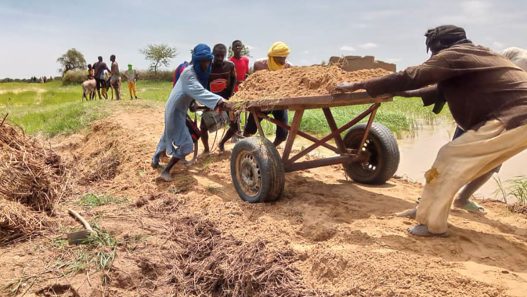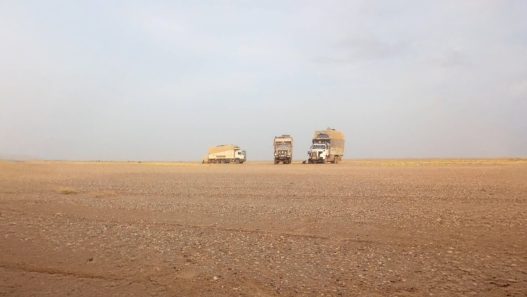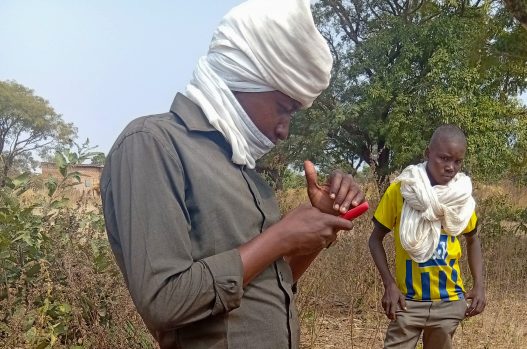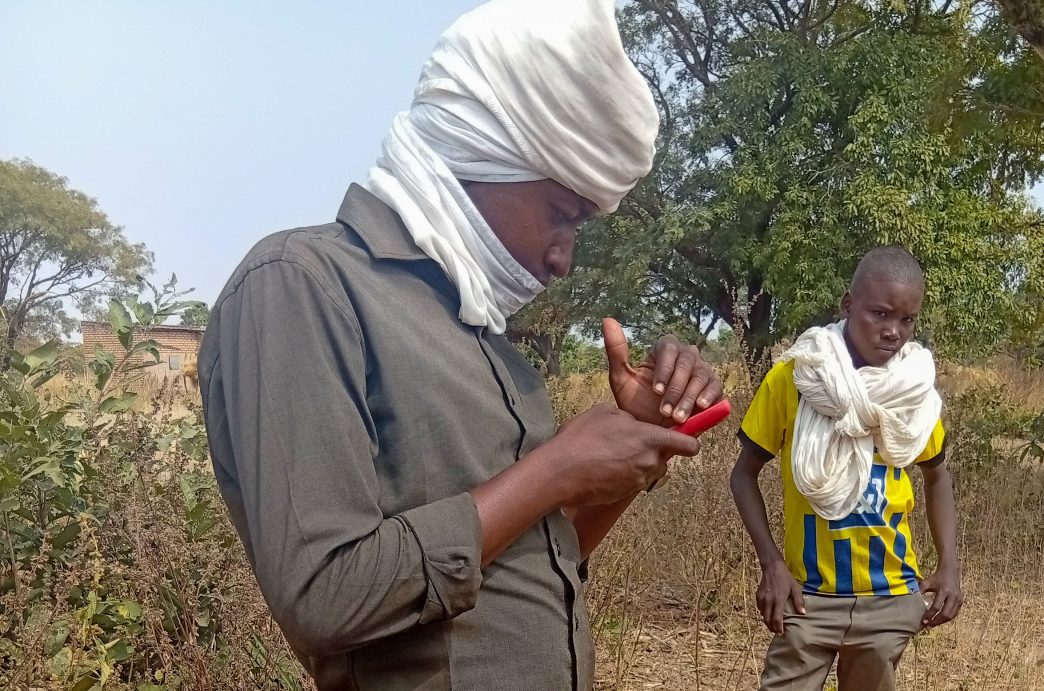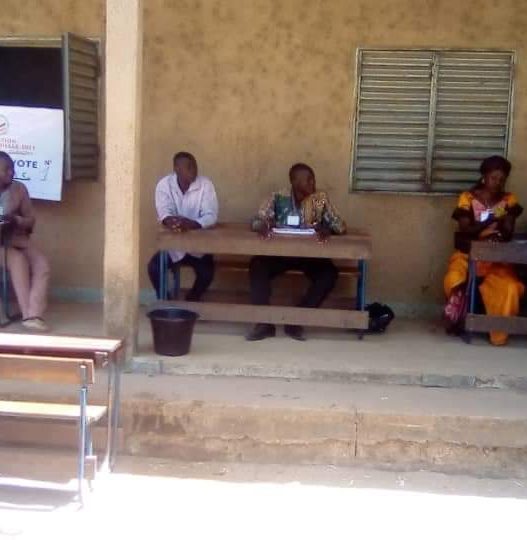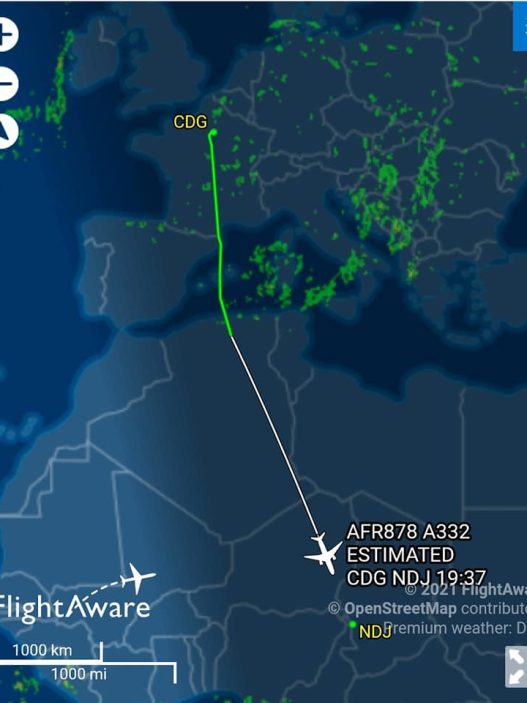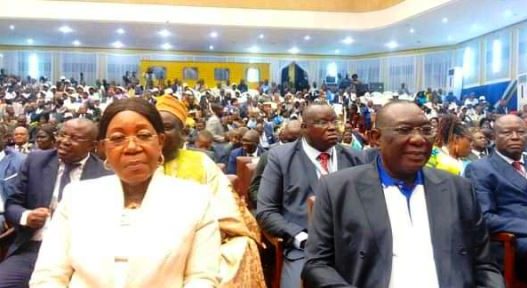During my trip to the Kouh-Est department, Bodo, located in southern Chad, the people I spoke to explained that the local community is facing cattle theft, conflicts between farmers and herders, and inter-community tensions. These phenomena often result in loss of life and deeply disrupt the social dynamics. Faced with this complex situation, I sought to determine the level of cohabitation between the inhabitants.
Anecdote about the death of Apollinaire
During my visit to the village of Beyama, located 4 km from Bodo, Mr. Dingamadji, dressed in a white boubou and sporting a brown-tinged beard, told me the story of his brother Apollinaire. Sitting on a mat under a large Nimier tree in front of his house, he shared this tragic story.
It all happened in 2022. Apollinaire was the victim of cattle theft: five of his oxen had been stolen. One morning, as he was getting ready to take his herd to pasture, he was stunned to find that several cattle were missing. Distraught, he called his neighbors for help in searching for the thieves. “The neighbors promised to help him,” Dingamadji recounts in a dry tone. Everyone scattered to search the area. “Apollinaire went off on his own, while we looked elsewhere,” he adds.
During their search, they arrived between the villages of Mougou, Beyama, and Beriye. As they crossed the village of Bekein Bokyie, they saw a crowd gathered in the distance. Not knowing what was happening they rushed over to find out. When they arrived at the scene, Dingamadji discovered his brother’s body lying on the ground, covered in blood, with another unidentified body beside him. Dingamadji remembers feeling both lost and furious when he saw his brother in that state. He pauses, his face turning pale, and lets out a long sigh before continuing his story. Despite his distress, he continues in a broken voice. He explains that they tried to understand what had happened.
A young man who witnessed the scene told them that the unknown man was a cowherd. When Apollinaire asked him if he had seen any men passing by with the five stolen oxen, the cowherd took this as a provocation. He drew his sword and lunged at Apollinaire. Apollinaire, in self-defense, pulled out his knife. Unfortunately, in the confrontation, both men fatally wounded each other and died instantly. Dingamadji pauses again, visibly moved, then sighs. He adds that he did not believe the man was really a cowherd, as no cattle were found in the vicinity, only hoofprints. The prefect was alerted and went to the scene with the police and security officers to investigate this tragic incident.
Arrival at the scene of the tragedy
Upon arriving at the scene and seeing the bodies lying on the ground, the prefect ordered that they be taken to the hospital for an autopsy to determine the exact cause of death. The analyses confirmed that both individuals had died from injuries inflicted by sharp weapons, he explains. The bodies were then handed over to the victims’ families.
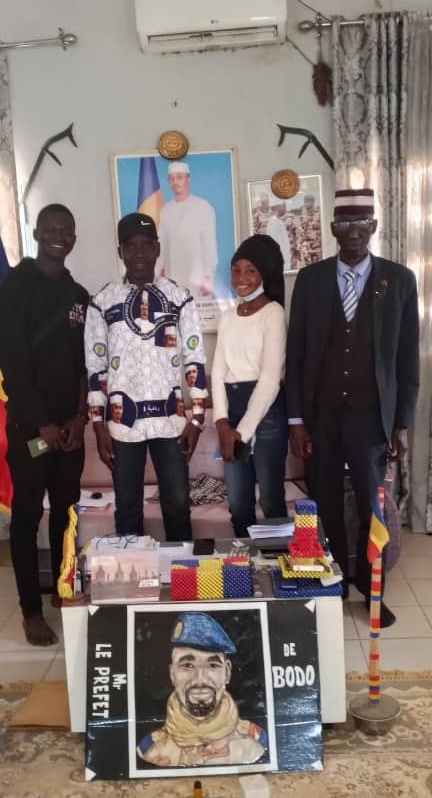
When I went to the prefect’s office to find out what measures had been taken to find the thieves, he told me that an investigation had been launched and that the police were still searching for them. However, my interview with Dingamadji revealed a very different reality. He told me that the authorities did not seem to be very involved in the case, despite the numerous complaints and requests to open an investigation. Very angry, he said he did not see the point of the authorities in managing this crisis. “My daughter, the police and security forces are exploiting us. When we alert them to such cases, they ask us to pay for their travel expenses, you see?” he said.
However, he highlighted a recent case where the prefect had deployed all necessary means to find cattle thieves, with a positive outcome. The thieves were arrested and imprisoned, and the cattle were returned to their owner during an official ceremony that was even broadcast on national television. “It was a first in our community!” he added with a smile of relief. Despite this, Dingamadji concludes by telling me that these problems continue to plague them on a daily basis.
Cattle rustling in the bush
“Our children, who drive the cattle into the bush, are sometimes attacked by Mbororos,” Dingamadji explains. A man in his forties corroborated his account, adding that the nomads sometimes attack the children who are guarding the herds to steal the cattle. Panicked, the children abandon the animals and run for miles to alert the village. Unfortunately, by the time they arrive at the scene of the attack, the cattle are already gone. “The most frustrating thing is seeing the hoofprints leading off in all directions, making it impossible to pursue them,” he laments. “It’s the people from the bush who are stealing our livestock,“ he insists, pointing to the nomads.
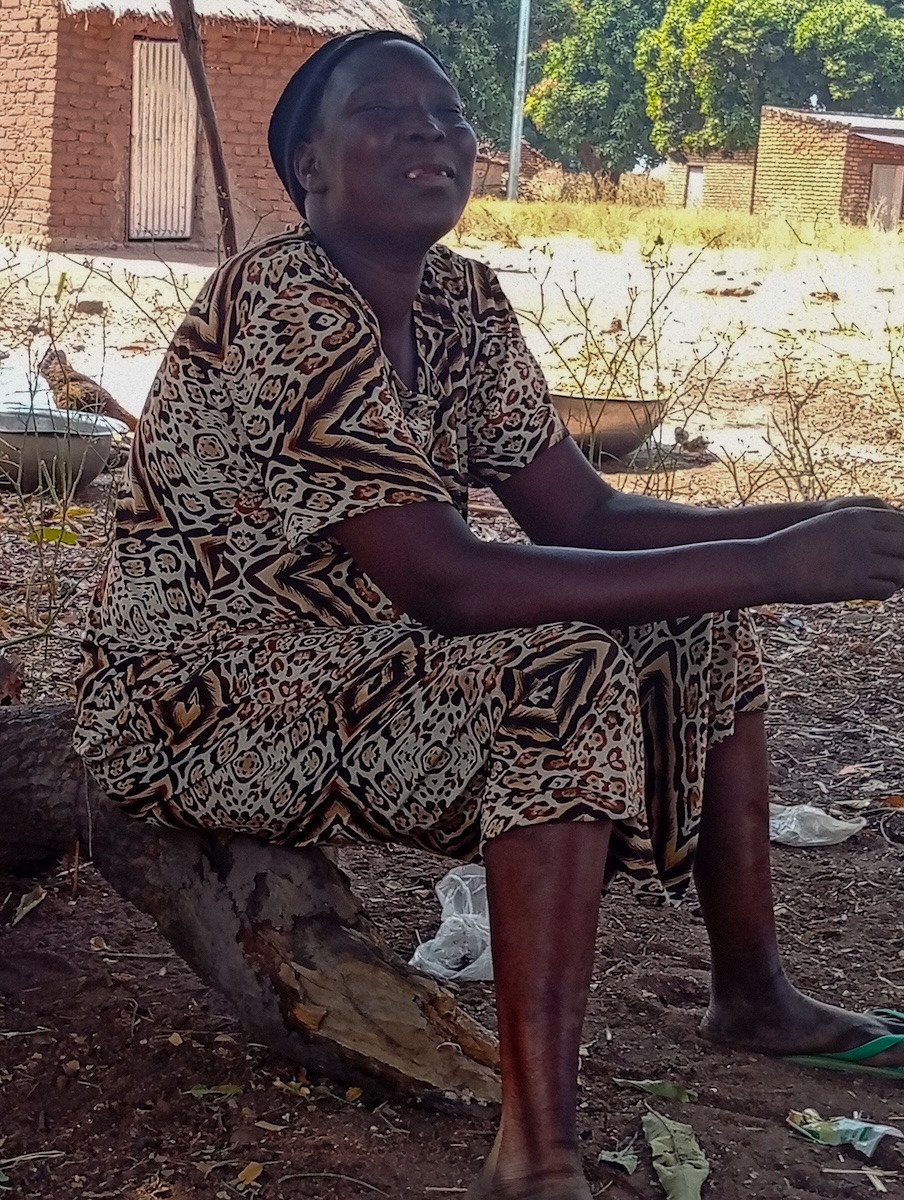
A woman named Jessica echoes Dingamadji’s sentiments. In the local language, she says: “Mbororo djé da in dejé gue madjial,” which means, “The Mbororos are bad people.” Dingamadji tells me he felt a deep hatred for nomadic herders: “If I see a Mbororo in my yard, I’ll immediately accuse him of being an attacker or a thief. That’s how they operate: they come at night to steal everything and hurt us,” he says bitterly.
On the other hand, Ousmanou, a nomad I met on the road to Tom’s ironworks, explained to me that they too were victims of theft and robbery. “The thieves are not part of our community. They come from nowhere to cause trouble. We don’t know them. Their mission is to steal our livestock and attack the villagers,” he said. He added that the villagers were wrongly accusing them, as they had nothing to do with these acts.
A terrorized population
Dingamadji’s story about his brother’s death and the local authorities’ mismanagement highlights the recurrence of cattle theft and robberies in grazing areas. This situation has plunged the population into a state of terror. Residents find it difficult to sleep and are afraid to send their children to herd cattle in the bush. Fear and mistrust reign, making coexistence between communities increasingly difficult.

